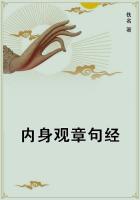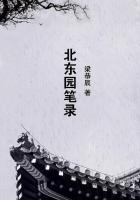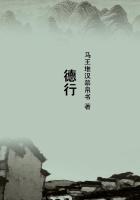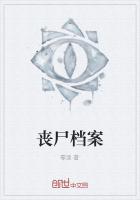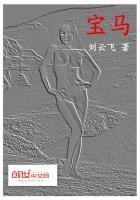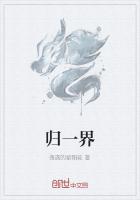18. Different meanings of substance. I endeavour as much as I can to deliver myself from those fallacies which we are apt to put upon ourselves, by taking words for things. It helps not our ignorance to feign a knowledge where we have none, by ****** a noise with sounds, without clear and distinct significations. Names made at pleasure, neither alter the nature of things, nor make us understand them, but as they are signs of and stand for determined ideas. And I desire those who lay so much stress on the sound of these two syllables, substance, to consider whether applying it, as they do, to the infinite, incomprehensible God, to finite spirits, and to body, it be in the same sense; and whether it stands for the same idea, when each of those three so different beings are called substances. If so, whether it will thence follow- that God, spirits, and body, agreeing in the same common nature of substance, differ not any otherwise than in a bare different modification of that substance;as a tree and a pebble, being in the same sense body, and agreeing in the common nature of body, differ only in a bare modification of that common matter, which will be a very harsh doctrine. If they say, that they apply it to God, finite spirit, and matter, in three different significations and that it stands for one idea when God is said to be a substance; for another when the soul is called substance;and for a third when body is called so;- if the name substance stands for three several distinct ideas, they would do well to make known those distinct ideas, or at least to give three distinct names to them, to prevent in so important a notion the confusion and errors that will naturally follow from the promiscuous use of so doubtful a term; which is so far from being suspected to have three distinct, that in ordinary use it has scarce one clear distinct signification. And if they can thus make three distinct ideas of substance, what hinders why another may not make a fourth?
19. Substance and accidents of little use in philosophy. They who first ran into the notion of accidents, as a sort of real beings that needed something to inhere in, were forced to find out the word substance to support them. Had the poor Indian philosopher (who imagined that the earth also wanted something to bear it up) but thought of this word substance, he needed not to have been at the trouble to find an elephant to support it, and a tortoise to support his elephant: the word substance would have done it effectually. And he that inquired might have taken it for as good an answer from an Indian philosopher,- that substance, without knowing what it is, is that which supports the earth, as we take it for a sufficient answer and good doctrine from our European philosophers,- that substance, without knowing what it is, is that which supports accidents. So that of substance, we have no idea of what it is, but only a confused, obscure one of what it does.
20. Sticking on and under-propping. Whatever a learned man may do here, an intelligent American, who inquired into the nature of things, would scarce take it for a satisfactory account, if, desiring to learn our architecture, he should be told that a pillar is a thing supported by a basis, and a basis something that supported a pillar. Would he not think himself mocked, instead of taught, with such an account as this? And a stranger to them would be very liberally instructed in the nature of books, and the things they contained, if he should be told that all learned books consisted of paper and letters, and that letters were things inhering in paper, and paper a thing that held forth letters: a notable way of having clear ideas of letters and paper. But were the Latin words, inhaerentia and substantio, put into the plain English ones that answer them, and were called sticking on and under-propping, they would better discover to us the very great clearness there is in the doctrine of substance and accidents, and show of what use they are in deciding of questions in philosophy.
21. A vacuum beyond the utmost bounds of body. But to return to our idea of space. If body be not supposed infinite, (which I think no one will affirm), I would ask, whether, if God placed a man at the extremity of corporeal beings, he could not stretch his hand beyond his body? If he could, then he would put his arm where there was before space without body; and if there he spread his fingers, there would still be space between them without body. If he could not stretch out his hand, it must be because of some external hindrance;(for we suppose him alive, with such a power of moving the parts of his body that he hath now, which is not in itself impossible, if God so pleased to have it; or at least it is not impossible for God so to move him): and then I ask,- whether that which hinders his hand from moving outwards be substance or accident, something or nothing?
And when they have resolved that, they will be able to resolve themselves,- what that is, which is or may be between two bodies at a distance, that is not body, and has no solidity. In the mean time, the argument is at least as good, that, where nothing hinders, (as beyond the utmost bounds of all bodies), a body put in motion may move on, as where there is nothing between, there two bodies must necessarily touch. For pure space between is sufficient to take away the necessity of mutual contact; but bare space in the way is not sufficient to stop motion. The truth is, these men must either own that they think body infinite, though they are loth to speak it out, or else affirm that space is not body. For I would fain meet with that thinking man that can in his thoughts set any bounds to space, more than he can to duration; or by thinking hope to arrive at the end of either. And therefore, if his idea of eternity be infinite, so is his idea of immensity; they are both finite or infinite alike.

